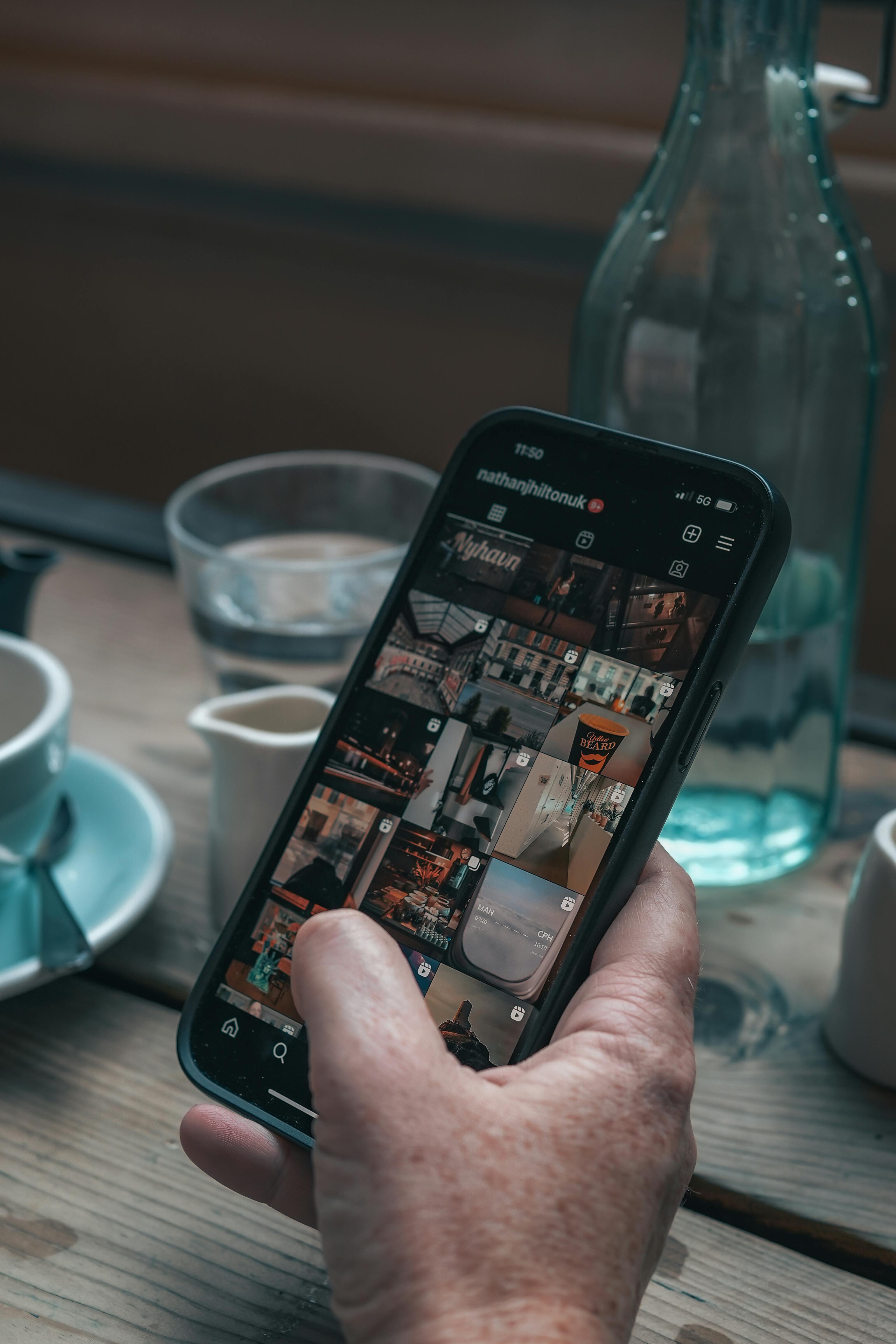
Introduction
The U.S. Embassy’s recent guidelines for visa applicants mark a significant change in the way visa applications will be processed. Non-resident visa seekers now have a mandatory requirement to disclose their social media handles used in the last five years. This article delves into the implications of this new policy and provides essential insights for those applying for a U.S. visa.
The New Requirement Explained
In a notable shift aimed at enhancing national security, the U.S. Embassy in India has mandated that all applicants filling out the DS-160 form must include their social media usernames. This guideline is not a mere suggestion but a compulsory action that applicants must take to avoid potential backlash on their visa applications.
What Does the Rule Entail?
Essentially, this rule necessitates that applicants provide a comprehensive list of all usernames associated with the following platforms:
- X (formerly Twitter)
- TikTok
- YouTube
This list is expected to cover both active accounts and those that may not be currently in use. Even if posting is no longer frequent, if the account was operational anytime in the last five years, it must be reported.
The Rationale Behind This Requirement
The U.S. government has instituted this policy as part of its heightened security measures. The goal is to curtail risks by ensuring complete transparency regarding an individual’s online presence. By collecting this information, the embassy can better assess potential threats and verify identities during the visa application process.
Consequences of Non-Disclosure
Failing to disclose social media information can lead to severe repercussions for visa applicants. Here are the potential outcomes:
- Immediate visa refusal: Not listing social media accounts as required can result in the denial of the visa application.
- Extended processing times: Additional scrutiny may lead to significant delays in processing your application.
- Flags for future applications: Being flagged due to non-disclosure can affect future visa applications.
It is important to note that deliberately omitting this information can also be interpreted as providing false information, potentially impacting eligibility for future visas.
Why Is This Information Necessary?
The U.S. Department of State emphasizes that gathering social media information is crucial to strengthening national security posture. The online behavior of applicants can provide insights that help verify identity and identify patterns that may pose security threats. This security check reflects a broader global trend where immigration and border officials analyze public online data to enhance scrutiny and ensure the safety of their borders.
What Should Applicants Do?
Given the weight of this new requirement, here are actionable steps that applicants should take:
- Review all social media accounts active in the past five years to ensure nothing is overlooked.
- Document usernames clearly and precisely as they appear across various platforms.
- Include accounts that might appear insignificant; even a seldom-used or temporary account is relevant.
- Practice full transparency—disclosing more is advisable than omitting accounts.
Final Thoughts
This guideline serves as a stern warning to visa applicants, particularly those based in India. As the digital landscape becomes an integral extension of personal identity, being truthful and thorough in the DS-160 form is paramount for a hassle-free visa application.
Students, professionals, tourists, and frequent travelers must regard this rule as imperative for obtaining U.S. visa approval. Staying informed about official updates and comprehensively preparing applications to reflect accurate information will streamline the visa acquisition process.
For continued updates on visa policies and technological impacts, it is crucial that applicants stay engaged with the official embassy communications and relevant news outlets.
